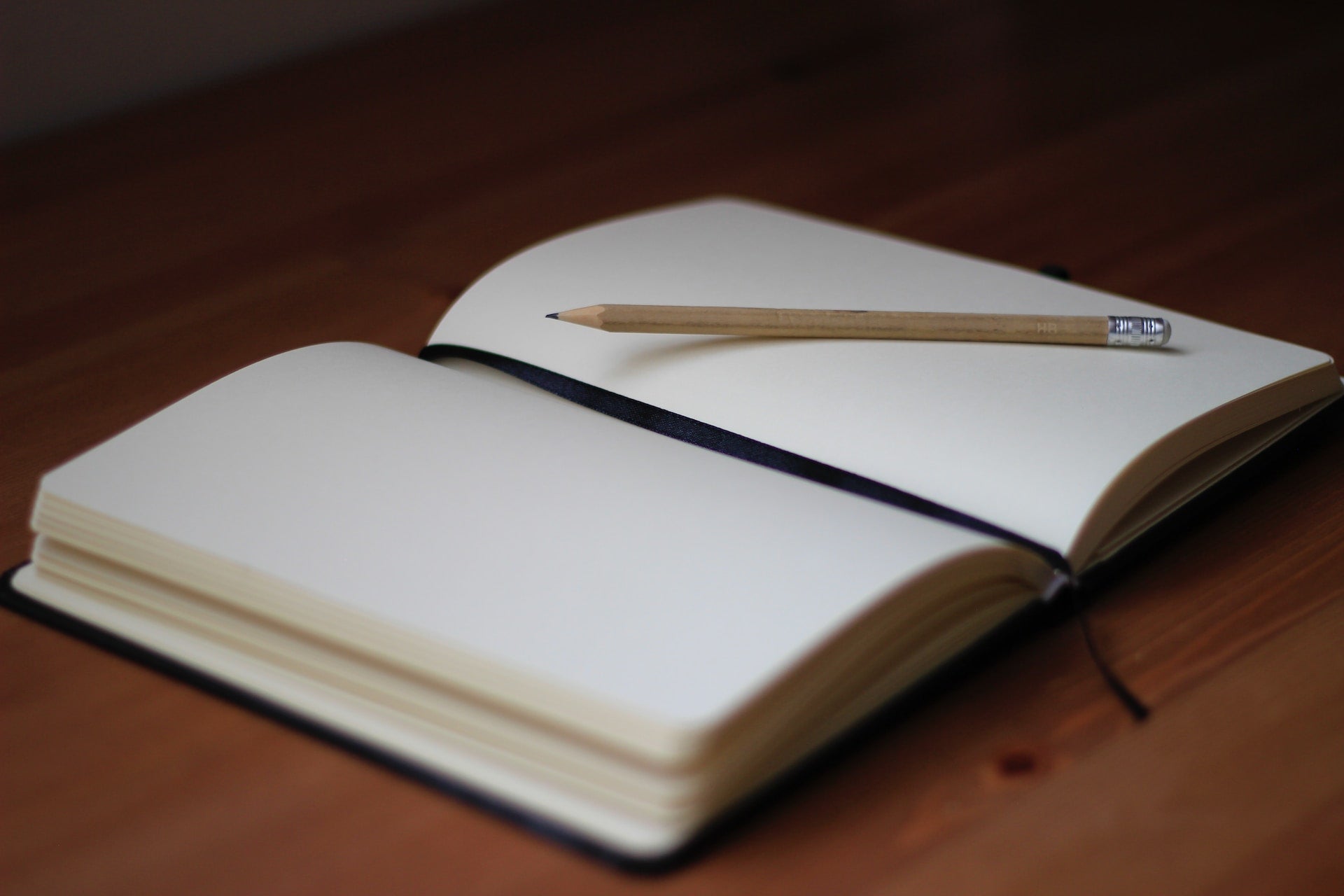The Mindful Art of Journaling: Nurturing Mental Well-Being and Self-Discovery

In a fast-paced world filled with constant distractions, finding moments of peace and self-reflection can seem like a challenging task. Enter journaling, a timeless practice that not only offers a safe space for self-expression but also serves as a powerful tool for nurturing mental well-being and self-discovery. In this blog post, we will delve into the therapeutic benefits of journaling for mental health, explore different journaling techniques, and provide practical tips on how to start and maintain a journaling practice to unlock the transformative power of mindful self-reflection.
Emotional Release and Processing
Journaling provides a safe and non-judgmental outlet for processing emotions. Putting pen to paper allows individuals to explore and release their feelings, reducing emotional tension and promoting a sense of catharsis.
Stress Reduction and Relaxation
Engaging in regular journaling can help reduce stress and anxiety. The act of writing has a calming effect on the mind, promoting relaxation and emotional balance.
Enhanced Self-Awareness
By putting thoughts and experiences into words, journaling encourages self-awareness and introspection. This heightened self-awareness can lead to a deeper understanding of one's thoughts, emotions, and behaviors.

Problem-Solving and Decision Making
Journaling can aid in problem-solving and decision-making processes. Writing about challenges and options can help individuals gain clarity and perspective, leading to more informed choices.
Different Journaling Techniques
-
Gratitude Journaling: Gratitude journaling involves writing down things for which you are grateful. By focusing on the positive aspects of life, this technique helps shift perspective and cultivates a sense of appreciation.
-
Expressive Writing: Expressive writing involves freely writing about emotions, experiences, and thoughts without censoring oneself. This technique allows for unfiltered self-expression and can be particularly helpful for processing difficult emotions or traumatic events.
-
Mindfulness Journaling: Mindfulness journaling involves staying present in the moment while writing. It encourages awareness of thoughts and feelings without judgment. Mindful journaling can enhance self-awareness and reduce stress.
-
Dream Journaling: Keeping a dream journal involves recording dreams upon waking. This practice can provide insights into the subconscious mind and facilitate self-discovery.
Practical Tips for Starting and Maintaining a Journaling Practice
-
Choose the Right Journal: Find a journal that resonates with you, whether it's a classic notebook, a colorful journal, or a digital platform. Selecting the right journal can make the writing experience more enjoyable.
-
Set Aside Time: Set aside dedicated time for journaling each day or week. Consistency is key to developing a sustainable journaling habit.
-
Create a Sacred Space: Designate a peaceful and comfortable space for journaling where you can focus without distractions.
-
Start Small: If you're new to journaling, start with a few minutes each day and gradually increase the duration as you become more comfortable with the practice.
-
Be Authentic and Non-Judgmental: Write honestly and authentically without self-criticism. Your journal is a judgment-free zone where you can freely express yourself.
-
Incorporate Prompts or Questions: If you need guidance on what to write about, consider using prompts or questions to spark your journaling sessions. These can be related to self-reflection, gratitude, or specific life events.
Journaling is a mindful and transformative practice that offers a wealth of mental health benefits. By embracing different journaling techniques such as gratitude journaling, expressive writing, and mindfulness journaling, individuals can cultivate emotional well-being, reduce stress, and gain deeper insights into themselves. Remember that journaling is a personal journey, so allow yourself the time and space to explore and grow through this powerful art of self-reflection. With a commitment to regular practice and an open heart, journaling can become a cherished tool for nurturing mental well-being and embarking on a journey of self-discovery.





Comments